|
I have long felt that these two words sum up nicely much of what life is all about. Balance and flow are at the core of our physical, mental and emotional well-being, relationships, communications and our existence in the larger environment. And, so it goes in outward waves that can be applied to just about everything that we call our reality and existence. If we understand the importance of balance and flow and strive to create and maintain that within ourselves and the world around us, that is the mechanism of functionality that leads us to contentment and the feeling of rightness with regard to life itself. When a mechanical device is working as it should and performing the tasks it was designed for, there is a fluidity, a synchronicity that is architecturally admirable and to those not engineering-minded a bit magical. There is this same quality in natural life, whether human, animal or the other creations of life we call nature and the environment we live in. There is a functional dynamic of how things are designed to work and when they are working right, a balance and flow is created that is beautiful and magnificent. It is the balance and flow that maintains the cycle of life. All things working just the way they are supposed to work. Like mechanical things, this does not happen without some care and attention. Mechanical devices need to be properly maintained and cared for to keep them working with the correct balance and flow. You have to change your cars oil and replace the spark plugs at the proper intervals to keep it working right and if you forget to fill it with fuel or charge it (depending on its power mode), well, you are not going anywhere. Nature, of course, has its own maintenance mechanisms and would continue without interference from mankind, except that we interfere with those natural mechanisms and cycles and then need to take counter measures to put things back in order. Sometimes we do this by replicating what we see in nature and sometimes by our man-made measures, but there is an enormous amount of learning about balance and flow that we as humans can learn from nature. I talked a little about this in my recent book, Living In Joyful Resilience: A Roadmap for Navigating Life’s Ups & Downs. In nature, I saw many examples of remarkable resilience presented joyfully. The quote below is from my book and mentions the education we can get by observing nature: “In its brilliance nature demonstrates how bending saves us from breaking and finding a new path allows us to move forward. Nature shows us that is possible to break through and grow in situations that might look impossible.” In life we, as humans, are sometimes confused by all the different information and guidance we get regarding what is best and most needed for us to be our healthiest, happiest and most successful or most optimally performing selves. We are told that doing something is good, so we do it, but then we hear that maybe less of that and more of something else is better and it all becomes confusing. As it turns out, it should be confusing because we are all individual and there is no right formula that works for everyone perfectly. There are some general guidelines that seem to be helpful, but we must all find our own balance and flow and that is work we do from the inside out. On an individual basic, we have to find the right recipe of input, output, actions, rest and so on, that will help us to function at our own optimal level. In the desert, where I now live the one thing that is very apparently lacking and often needed is water. When the dessert plants get enough water, they thrive and form a beautiful and unique eco-system. Sometimes people think though that if a little of something is good, more is better. This is not always true. Even in the dessert where water is scarce, more is sometimes not a good thing. I saw this demonstrated to me this past year with my first Arizona monsoon, which turned out to be a 55-year record. Personally, I found the monsoon a little scary with the thunder and lightning, torrential rains and flash floods, but Arizona in many ways needed the water and many of the plants and desert animals thrived. However, with many years of draught, some of plant life had adapted and for those plants the extra rain caused the over growth of fungus and some plants dies because of an excess of water and conditions that led to fungus over-growth.
I was surprised to look out in my backyard and see a cactus that just days before had looked healthy, now looked like it had been attacked by wild animals and was apparently dead. Upon further inquiry, I found out that it had probably been dying from the inside out as a result of the fungus caused by excess water for nearly a year. There were a number of other plants in the area that had met the same fate. Not being a cactus expert, I had no idea the plant had not been healthy. As with people, the dysfunction or misalignment that leads to being out of balance started on the inside. And, as with people, by the time it was outwardly visible things were quite serious and too late to be repaired. I learned a lesson about dessert plants and at the same time, I saw a correlation to people in this lesson. It is necessary to maintain the balance and flow within our individual bodies and lives and to start from the inside out. It is necessary to constantly check in and make sure everything is flowing smoothly and in proper balance, especially in the midst of changing circumstances or environmental factors or the trauma and chaos that life can offer. We are each unique individuals and need the right balance, like the delicate and beautiful eco-systems of nature. We must have proper maintenance and regular self-care is an important part of that.
2 Comments
Being known and understood or recognized in life seems to be one of our greatest pursuits, but perhaps really knowing, believing in and recognizing who we are ourselves, is a pursuit that is both more challenging and more rewarding. As part of my own awareness and self-discovery and in working with my clients this is a truth I have gleaned over many years, much self-reflection and a lot of input and observation of others. Really becoming fully self-aware and having confidence and trust in the person we are at our core seems to challenge us more than any other endeavor. We are perhaps taught and conditioned to look outside of ourselves for that mirror of who we are so totally that it is difficult not to, no matter what we achieve or how much input we are intuitively enlightened by. Many of us seem to question who that person we are at our core, our "soul essence", really is. This is so common, that it has been given a name, "imposter syndrome". I have to say that I am regularly surprised by comments or admissions from clients, friends or even colleagues, most frequently women, but men too, who are very accomplished in many areas of their lives and who most people look at as successful, or having it “all together”, and they are expressing fairly extreme and, possibly unwarranted, self-doubts. Some even to the level of feeling that maybe they are fakes or that the image that others see of them and their success is not justified. They will often express fears that everything will fall apart at any moment and their "real", inadequate and unaccomplished self will be exposed. For many this is a lingering and underlying fear that causes anxiety and keeps them from really enjoying their success or celebrating their accomplishments and the beautiful souls they have grown into. |
Blog By Kate Olson Kate is a Hypnotherapist, NLP Practitioner & Trainer, Reiki Master, Energy Healer, Life Coach and more. To find out more about her or her work, click the links below:
Get Kate's Book & Journal!
Living in Joyful Resilience: A Roadmap for Navigating Life's Ups & Downs & Simple Soul Thoughts : Collecting Moments of Joy www.joyfulkate.com About the Blog After 4 years of featuring at least 1 guest Author a month this blog changed in 2020. I loved featuring the posts of other great people who also believe in mind, body, spirit wellness. I will continue to feature articles submitted to me on this topic that align with my own mission. However, finding & reaching out to others is time consuming and I do it for my radio show, Soul Talks and other groups and projects and so for this blog i will be ramping up my own posts and perspective. posting mostly my own blogs. I will be happy & excited to post articles from those who submit them to me. Archives
April 2022
Categories |
Proudly powered by Weebly






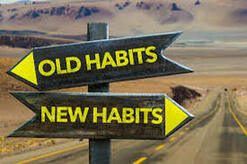

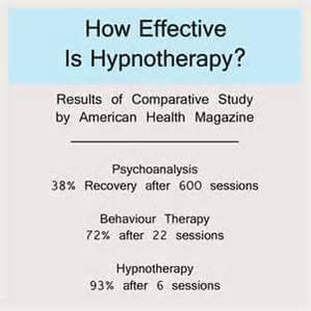

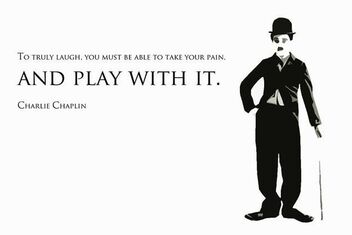



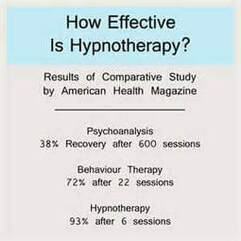
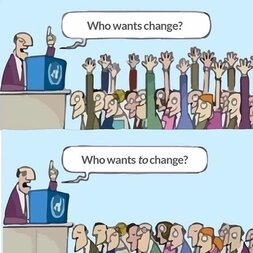
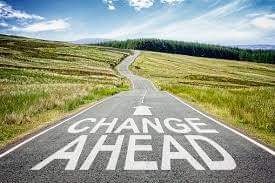




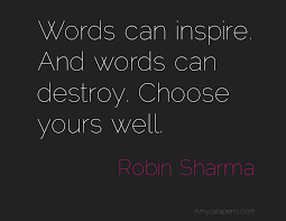
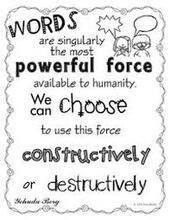
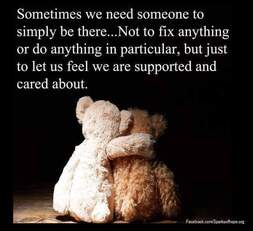
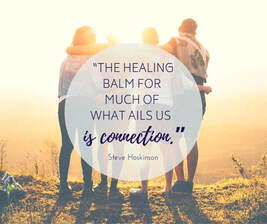
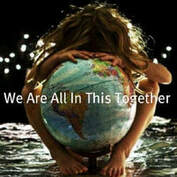


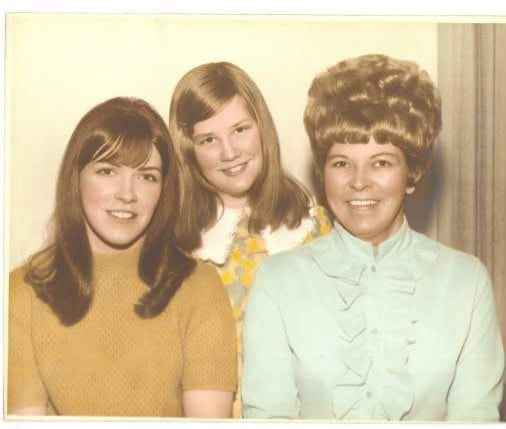
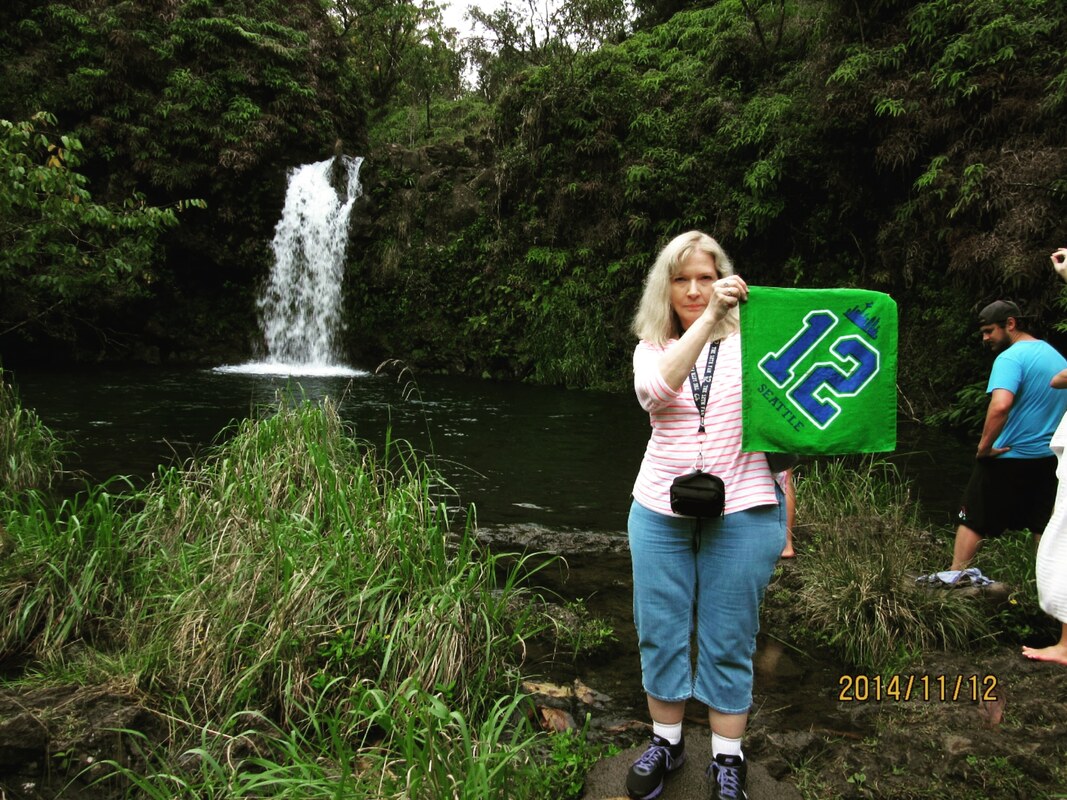

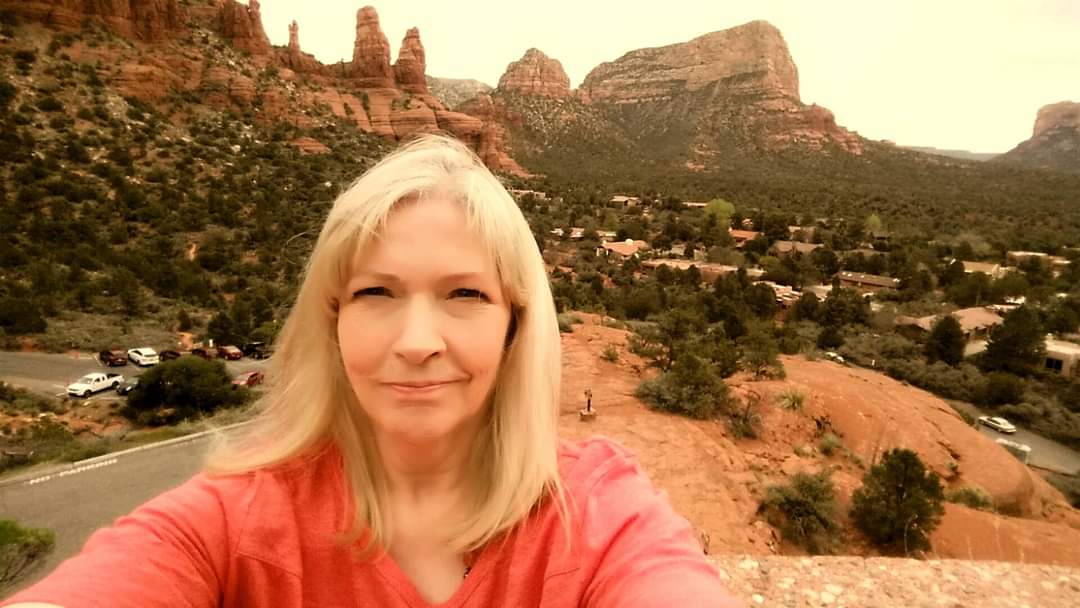
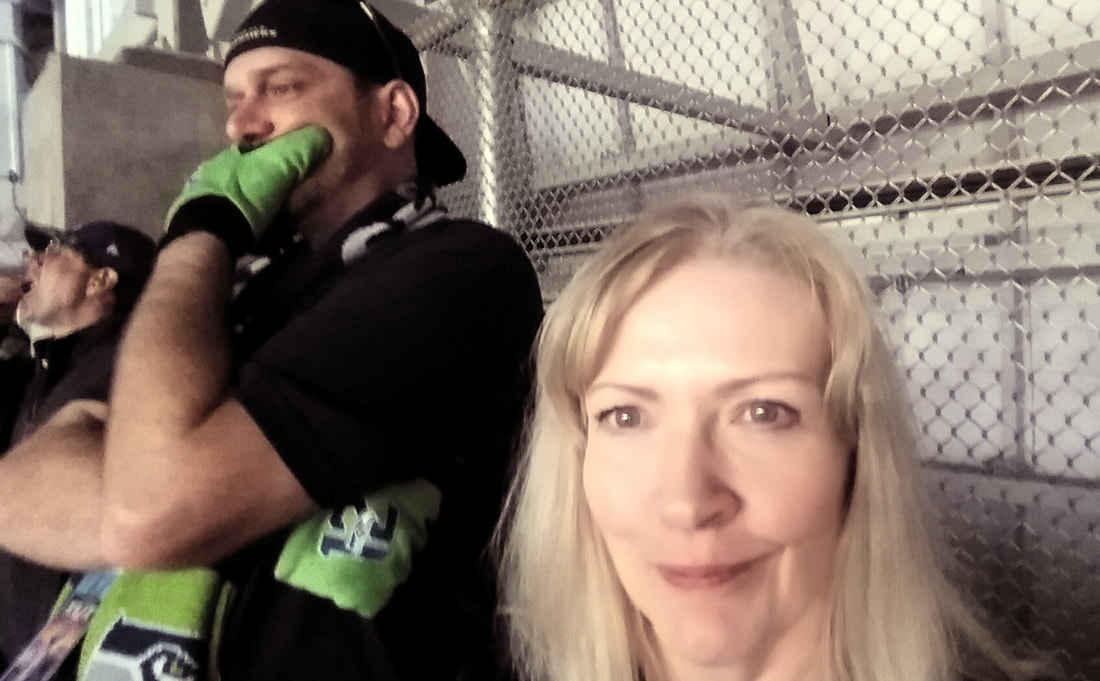
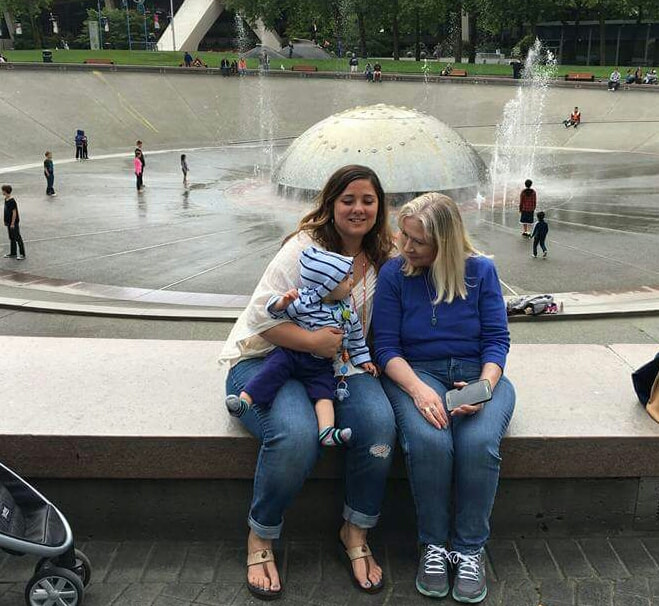
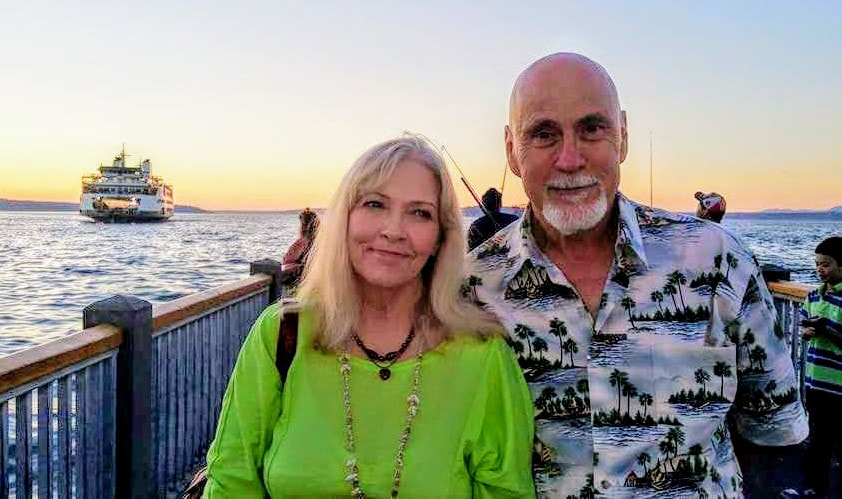
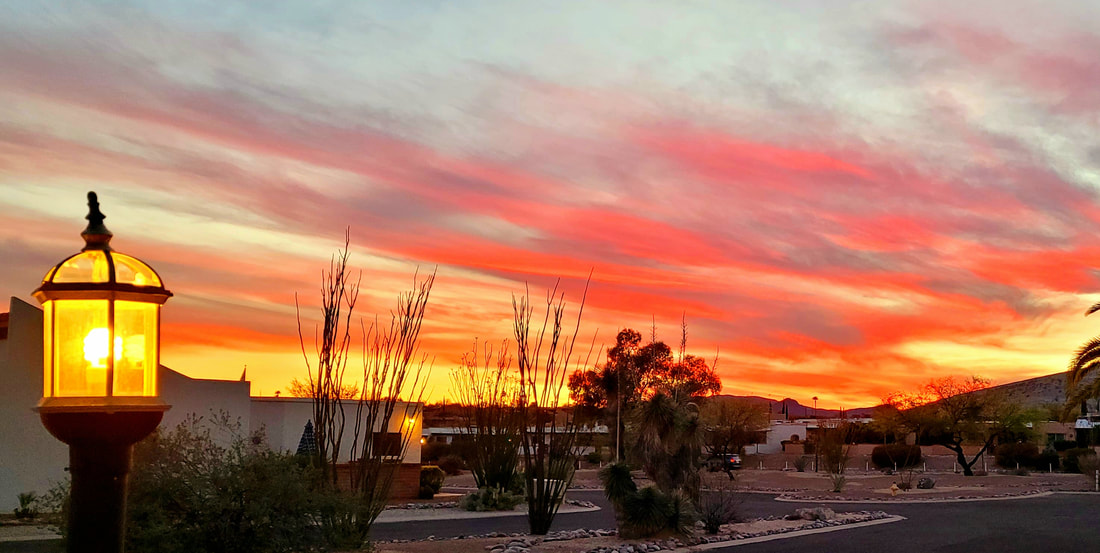

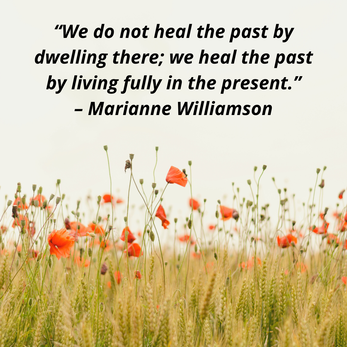



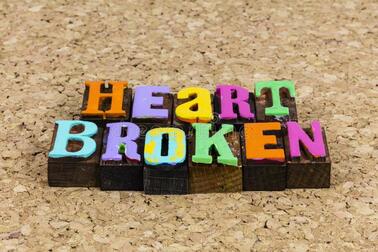
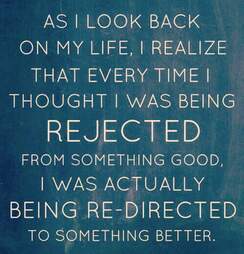


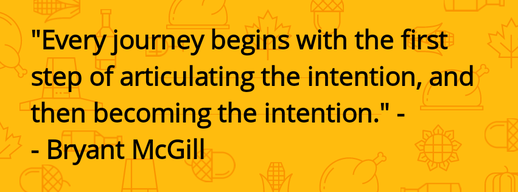
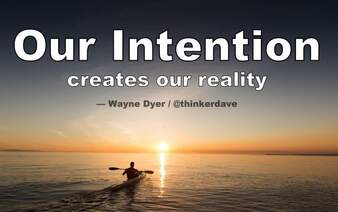

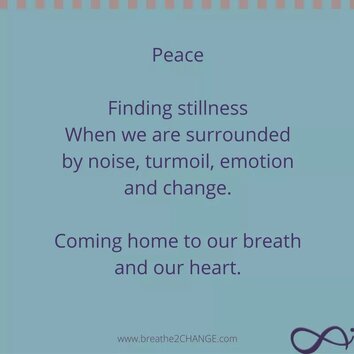
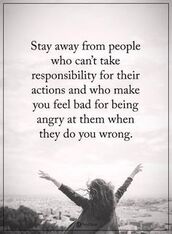
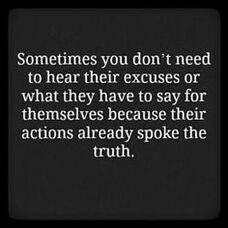

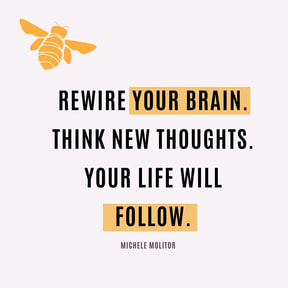
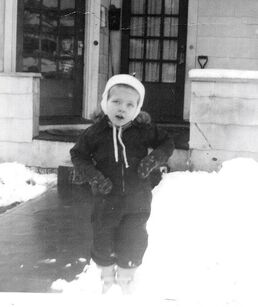
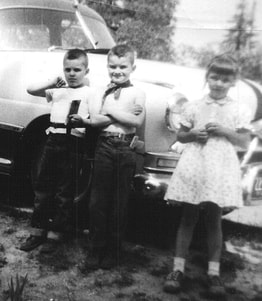
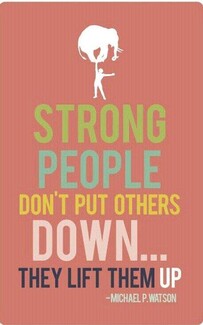
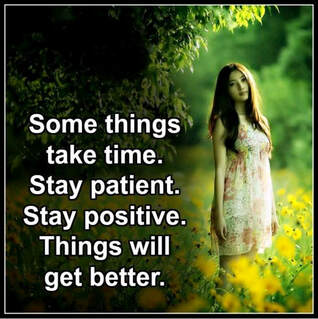
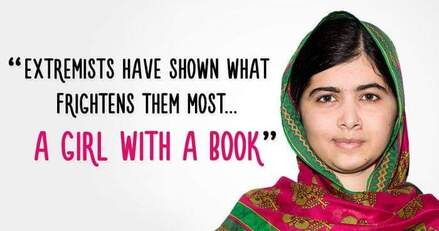

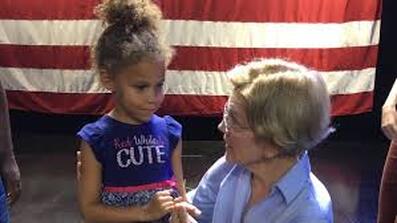
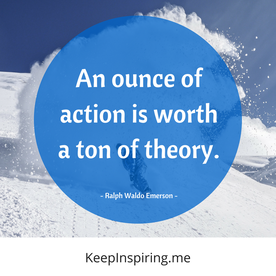

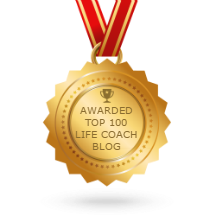
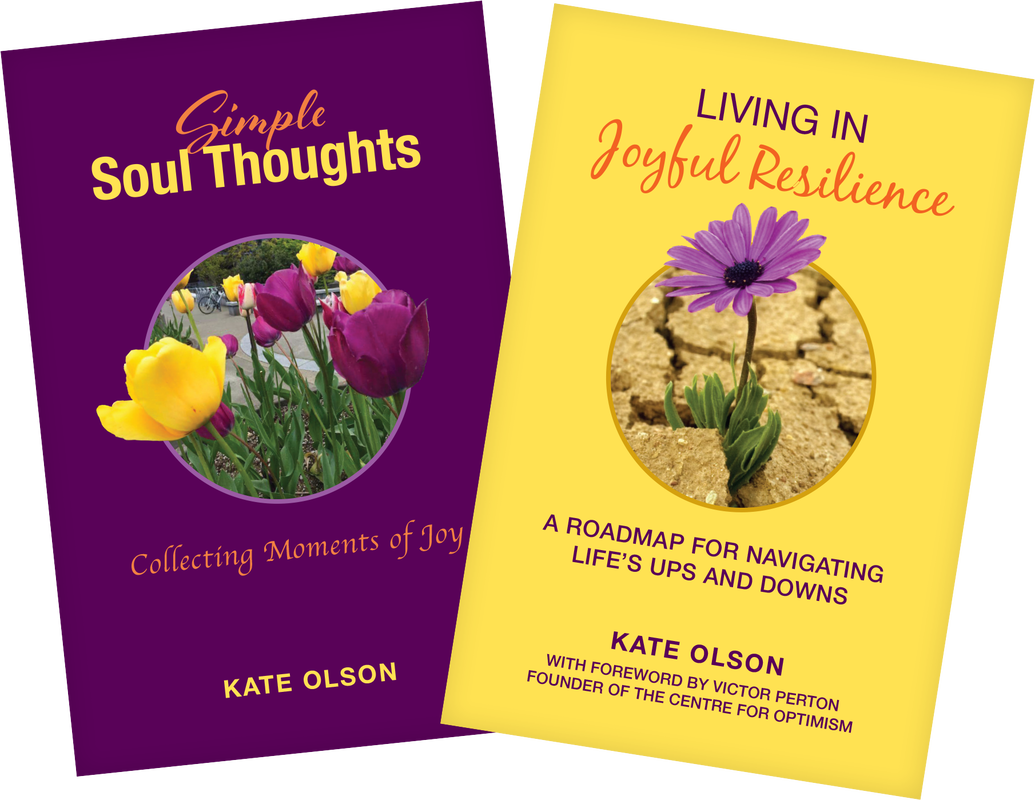

 RSS Feed
RSS Feed